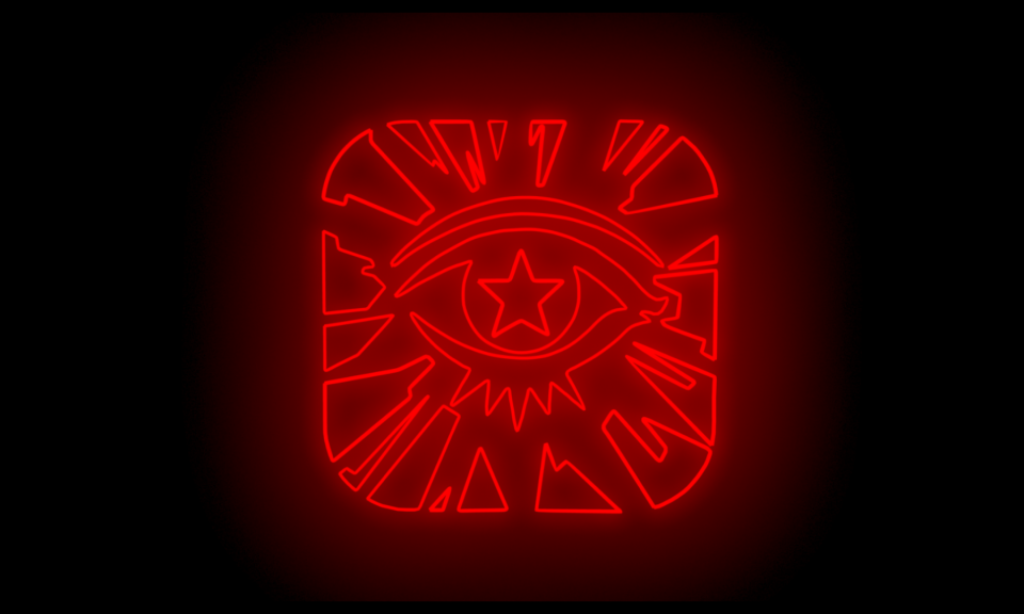To begin this lesson, we discussed some subjects regarding the accuracy of sites such as Google, touching on the concepts of fake news and such. The Palestine issue – where it was removed from Google Maps – is definitely an example of when the conflicts of social injustice can impact technologies.
In regards to the subject Despoina broached such as search terms and points of truth on search engines, I personally do not believe these are large issues. Whilst the example of a body given during the presentation isn’t accurate to every person, it never could be. Search terms allow for much-needed points of truth that mimic ones found in other areas such as science and geography. As shown, these points of truth can be skewed such as with Palestine, however, this is primarily done through human efforts, and not the result of search terms. There are reasons these images, sites, etc are popular- and that is because the majority of people quite commonly hold them as standard, and as such, sites such as Google will continue to strive for practicality over perfection.
Moving on from that topic, we discussed the concept of cheating in video games and other mediums. During the class, I gave the example of ‘Screen Cheat’, a game entirely based around the concept of cheating to win. However, given the premise of the game is based on it, and the ideas are part of the rules set in the experience, can it actually be considered cheating? Beyond that, cheating in a competitive sense is strictly looked down upon, especially in gaming, so I do believe that whilst there may be room for cheating in games, there is definitely a time and a place for it, and it should not always be present.
